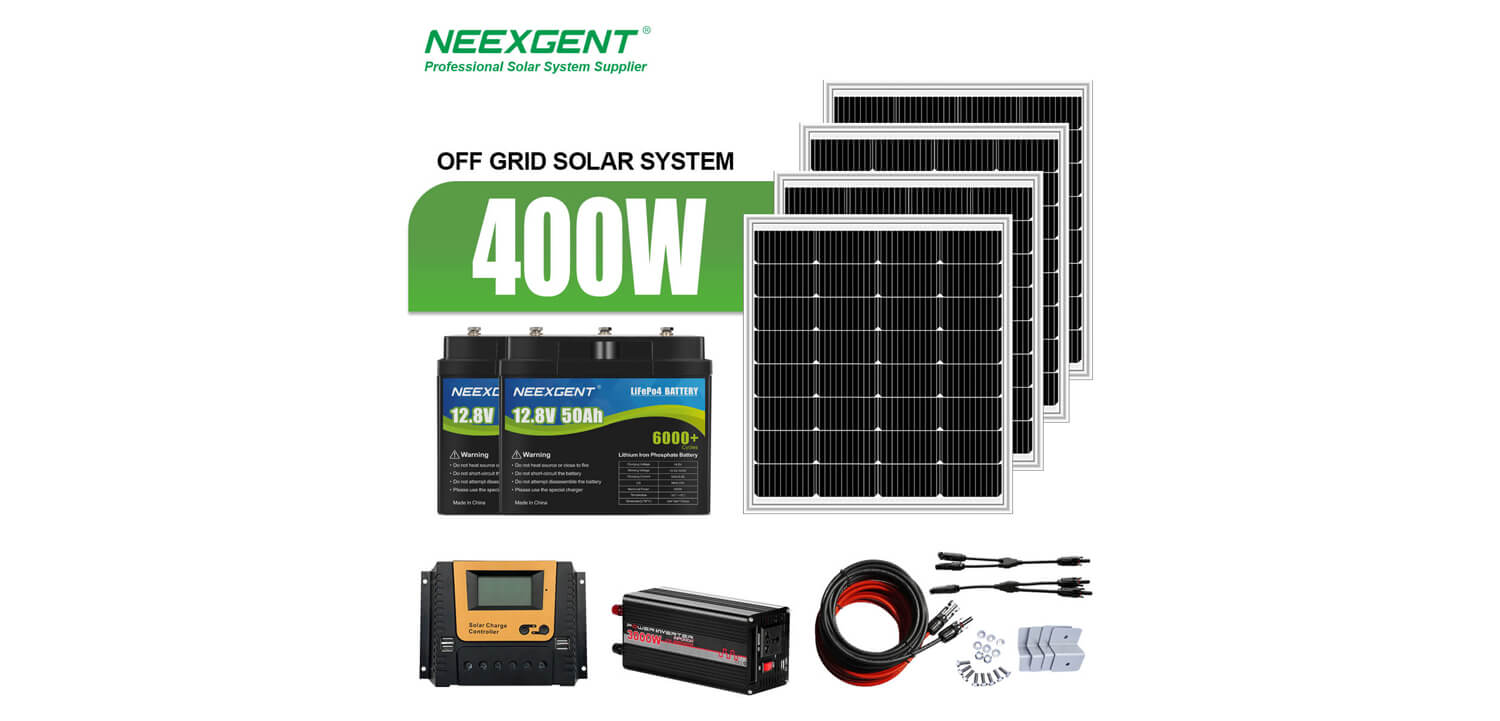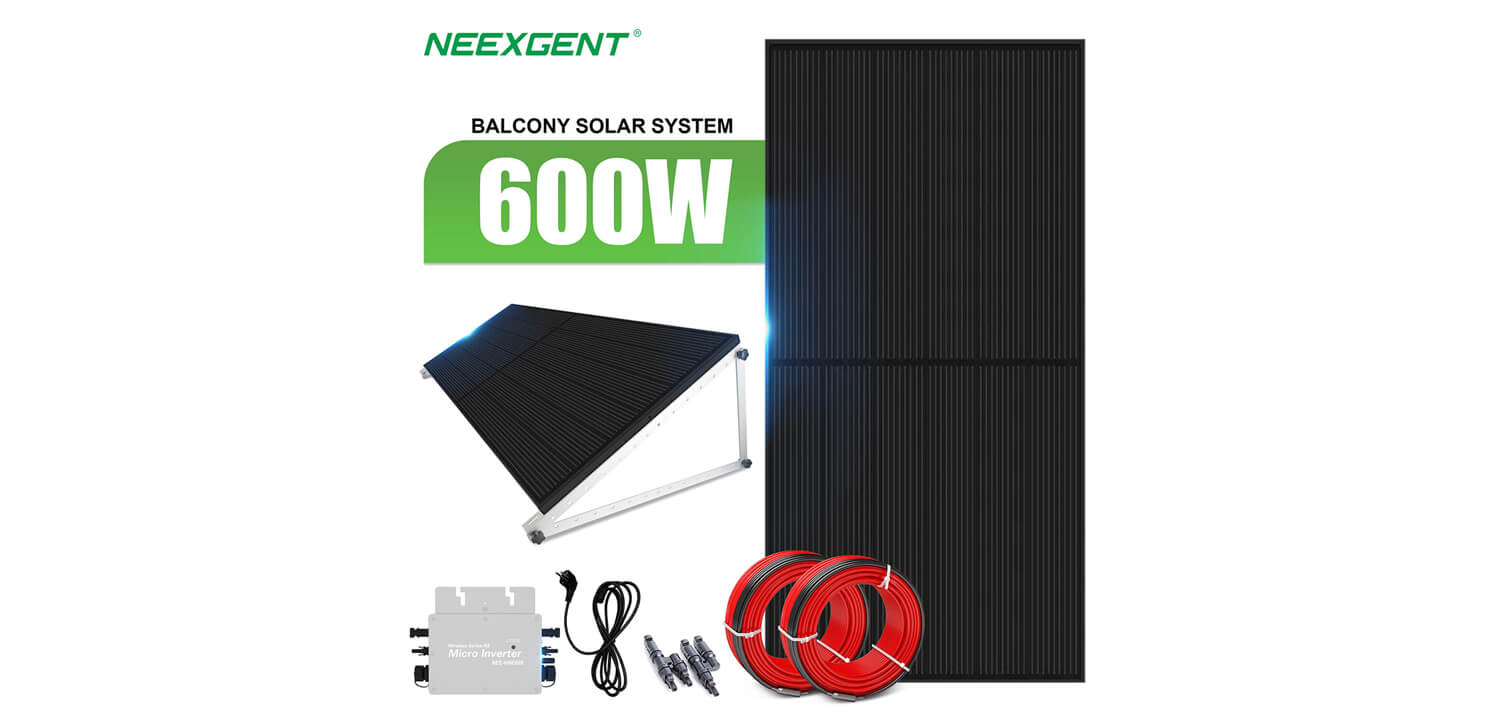In recent years, South Africa has emerged as a global leader in renewable energy adoption, with solar power at the forefront of this green revolution. The country's abundant sunlight, coupled with its commitment to sustainable development, has paved the way for the widespread implementation of solar systems. These systems are transforming the energy landscape, offering numerous benefits to the nation and its citizens.
South Africa's commitment to solar energy is driven by both environmental and economic factors. As a signatory to the Paris Agreement and in recognition of the urgent need to combat climate change, the country has set ambitious targets to reduce its carbon emissions and increase the share of renewable energy in its overall energy mix. Solar power plays a pivotal role in achieving these goals, as it provides a clean and abundant source of electricity while minimizing greenhouse gas emissions.
Solar systems in South Africa is the country's exceptional solar resource potential. With an average of more than 2,500 hours of sunshine per year, South Africa boasts some of the best solar irradiation levels in the world. This abundance of sunlight makes solar energy a highly viable and attractive option for generating electricity. By harnessing this natural resource, South Africa can reduce its dependence on fossil fuels and create a more sustainable energy future.

400w Solar Panel System
The implementation of solar systems in South Africa is driven by various initiatives and programs. The most notable among them is the Renewable Energy Independent Power Producer Procurement Program (REIPPPP), launched in 2011. Under this program, the South African government has facilitated the development of utility-scale solar projects through a competitive bidding process. This approach has attracted significant private investment in the solar sector, leading to the construction of numerous solar power plants across the country.
These solar power plants have significantly increased South Africa's solar energy capacity. The country's largest solar facility, the De Aar Solar Power Plant, has a capacity of 175 megawatts (MW) and can generate electricity to power around 75,000 households. Other notable solar installations include the Jasper Solar Energy Project and the Kathu Solar Park. These projects, along with many others, have contributed to a substantial expansion of South Africa's solar energy generation capabilities.
Solar systems are not limited to utility-scale projects; they also play a crucial role in decentralized and off-grid applications. In rural areas where access to electricity is limited, solar systems provide a reliable and sustainable source of power. Small-scale solar installations, such as rooftop solar panels and community-based solar projects, have been instrumental in electrifying remote areas and improving the quality of life for residents. These systems have enabled the operation of schools, healthcare facilities, and businesses that previously relied on expensive and unreliable diesel generators.
The benefits of solar systems extend beyond environmental considerations. Solar energy offers significant economic advantages, creating job opportunities and stimulating local industries. The development of solar projects has generated employment in construction, operation, and maintenance activities. Moreover, the manufacturing and installation of solar panels have created a new market for local businesses, fostering economic growth and innovation.
South Africa's transition to solar energy has not been without challenges. The intermittent nature of solar power necessitates the development of effective energy storage solutions to ensure a consistent electricity supply. The government and private sector are actively investing in battery storage technologies to address this issue. Additionally, the integration of solar power into the existing grid infrastructure requires careful planning and coordination to ensure grid stability and reliable power distribution.

Neexgent 10kw Off Grid Solar System
Despite these challenges, the progress made in South Africa's solar sector is remarkable. The country has successfully demonstrated the potential of solar energy to drive sustainable development, reduce carbon emissions, and enhance energy security. By harnessing its abundant sunlight, South Africa is paving the way for other nations to follow suit and embrace solar power as a vital component of their energy mix.
South Africa's embrace of solar systems has revolutionized its energy landscape, propelling the country towards a more sustainable and greener future. The country's exceptional solar resource potential, combined with its commitment to renewable energy, has enabled the widespread adoption of solar power on both utility-scale and decentralized levels.
The implementation of solar systems, facilitated by initiatives such as the REIPPPP, has led to the construction of numerous solar power plants across the country, significantly increasing South Africa's solar energy capacity. These utility-scale projects have played a pivotal role in diversifying the energy mix and reducing reliance on fossil fuels.
Solar systems have provided electricity access to remote and off-grid areas, improving the quality of life for residents and enabling the operation of essential services such as schools and healthcare facilities. Small-scale solar installations have empowered communities and stimulated local economies by creating job opportunities and fostering the growth of local businesses.
While challenges such as energy storage and grid integration exist, South Africa is actively investing in technological advancements to address these issues. The continued development and deployment of battery storage technologies will ensure a consistent supply of electricity, while proper planning and coordination will guarantee the stable integration of solar power into the existing grid infrastructure.
South Africa's journey towards a solar-powered future serves as an inspiration to the world, showcasing the transformative potential of renewable energy. By harnessing the power of the sun, the country has made significant strides in reducing carbon emissions, enhancing energy security, and fostering economic growth.

Neexgent 600w Balcony Power Solar System
As South Africa continues to expand its solar capacity and refine its energy policies, it sets an example for other nations grappling with similar challenges and seeking sustainable solutions. The adoption of solar systems on a global scale is essential in mitigating climate change, reducing dependence on fossil fuels, and creating a more resilient and sustainable energy future for generations to come.
South Africa's commitment to solar energy demonstrates that a transition to renewable sources is not only necessary but also feasible and advantageous. By embracing solar systems, the country has not only reduced its environmental impact but also improved the lives of its citizens and opened up new economic opportunities. It is a shining example of how solar power can truly transform a nation and lead the way towards a cleaner and brighter future.








